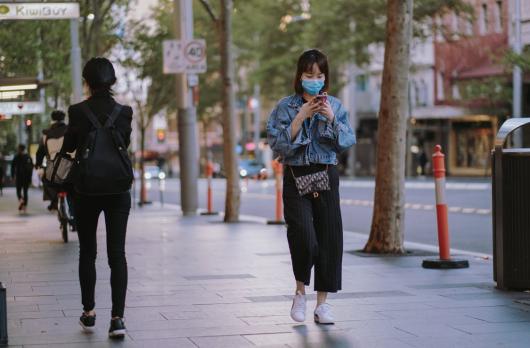情報提供
危機管理チームは、アメリカ疾病予防管理センター(CDC)、世界保健機関(WHO)、現地の大使館や領事館、多数の民間組織が発信するリアルタイムの安全とセキュリティアラートを利用し、コロナの状況に対する監視と対応を行います。SAFの広範な危機管理プランと手続きは、出発前および海外滞在中の学生の利益を守ります。
SAFはこれから、留学期間全体にわたって、学生をサポートします。こちらに掲載された情報に関して質問がある場合は、SAFまでお問い合わせください。
最新情報
今すぐパスポート申請を行いましょう
コロナによる制限解除後の需要急増に伴うパスポート局の混雑により、海外旅行を計画している学生が旅行のキャンセルや延期を余儀なくされる可能性に直面しています。
パスポートの手続きが前例のないほど遅延しているだけでなく、パスポート局には何時間もの行列ができ、書類の状況確認のために何時間も電話を掛けるような状況になっていると報告されています。
そのためSAFは学生に対し、先を見越した計画を立て、現地当局へパスポートの手続きにかかる時間を確認することを強くすすめています。
安全な滞在

目的地ごとにプログラムを閲覧
気になっている大学はありますか?SAFプログラムを検索する際、大学でフィルターをかけ、最適なオプションを見つけることができます。また、留学プログラムを選択する際に個別相談の予約もできます。